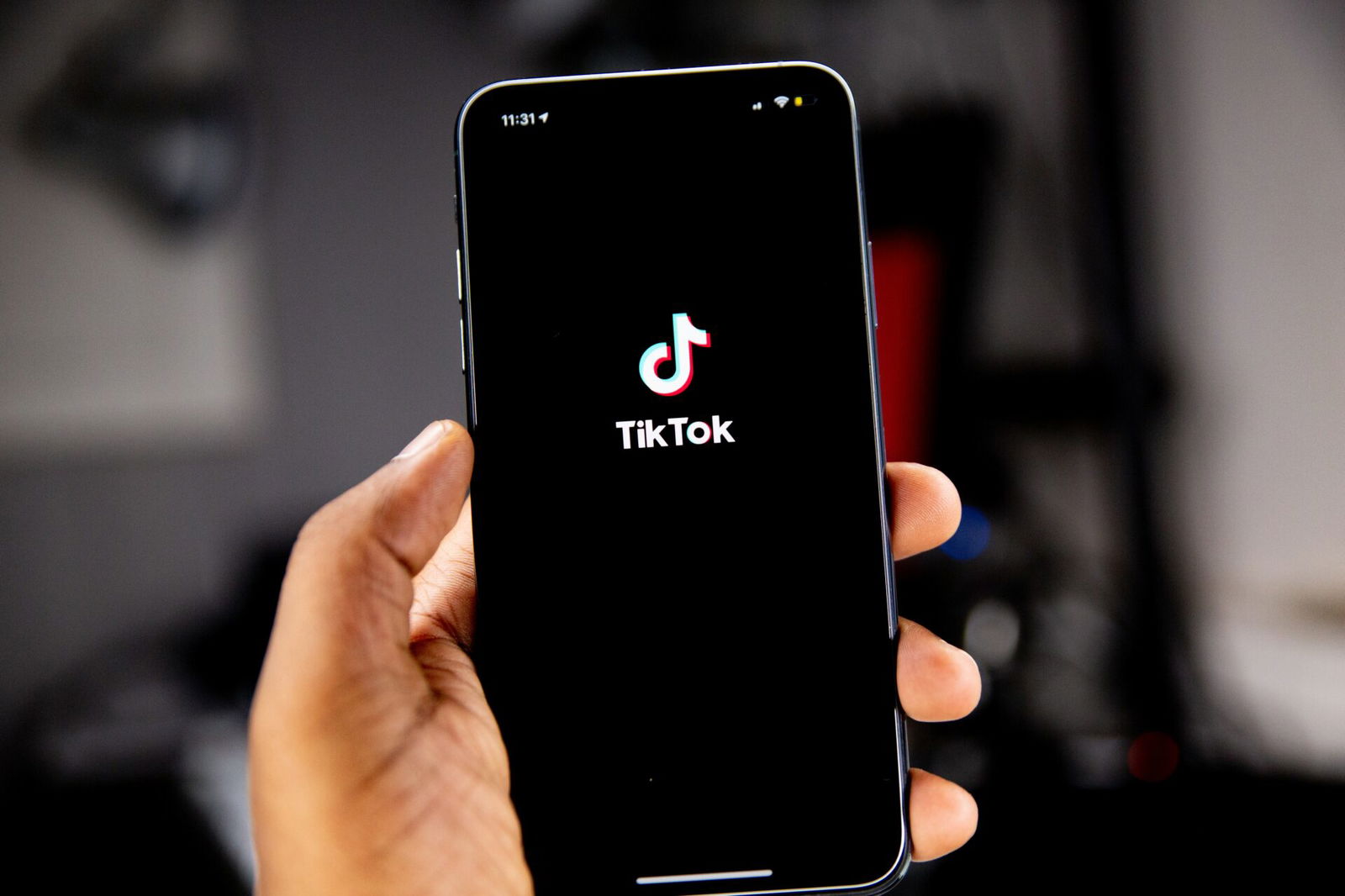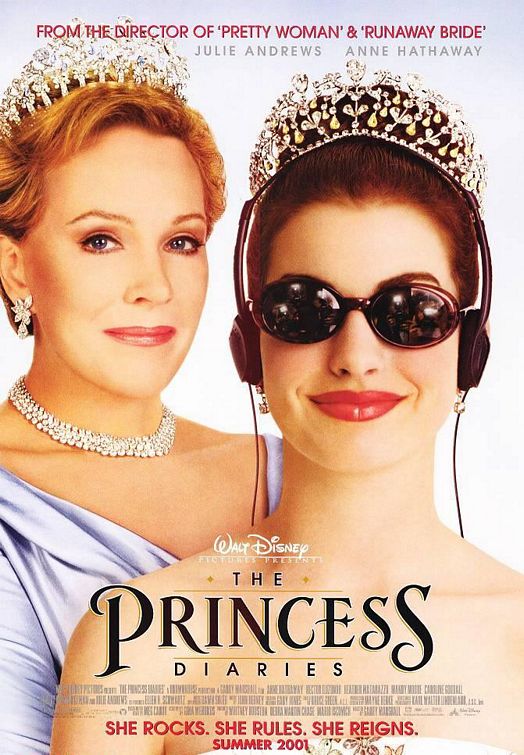
TikToker Warns Against Medical Advice Circulated on Platform
By Movieguide® Contributor
While many TikTok influencers find fame by sharing their medical journeys, some warn their fans not to believe everything they see on the platform.
A 2022 study identified social media as “the next frontier” of DTC pharma marketing.
“People are persuaded by powerful stories in the absence of ‘hard’ evidence,” the study explained. “As more consumers turn to the internet as a primary source for health information, consideration needs to be given to how this information affects consumers’ decision-making.”
Reality confirms this study’s theory, as many TikTokers garner large audiences by sharing their experiences with various medical conditions.
One of these accounts, known as “Autoimmune Girlie,” began by sharing her journey with her autoimmune disease to help others going through a similar experience.
“It became obvious that millions of people on parallel paths have questions and concerns about the care they’re receiving, or lack thereof, and are looking for others going through similar journey to share stories and tips,” the account’s owner, Ellen Rudolph, said. “My hope is to help others feel less alone on their autoimmune journey.”
However, Rudolph also believes that for accounts like hers, the most important thing is to share sound medical advice rather than sow medical misinformation.
“Trust is the most important currency, and creators have a responsibility to their followers to do their own research before deciding whether or not to support a specific health trend,” she said. “Disputing false information can be just as important as spreading truthful information on the platform for creators.”
For example, a study by the University of Arizona College found that 40% of TikTok posts discussing liver disease contained medical misinformation.
However, the researchers found that those posts didn’t perform as well as posts with accurate information.
“What the researchers termed ‘misleading posts’ got an average of 1,671 ‘likes’ and 140 ‘shares’ compared to the average 14,463 ‘likes’ and 364 ‘shares’ for accurate posts,” Patient Engagement Hit reported.
Rudolph stresses that social media users need discretion with the information they receive.
“If you stumble upon a page where the content looks questionable or your intuition is telling you something feels off, listen to it,” she warns. “Following influencers who share firsthand experiences and information about their own journeys can be valuable and empowering, but a TikTok video is not a substitute for medical advice. Always speak with a doctor before implementing these practices yourself.”
This advice is especially poignant as nearly a fifth of all Americans turn to TikTok for medical advice.
Movieguide® previously reported:
Ironically, TikTok videos that help users self-diagnose mental health issues have become popular.
Kristi Edwards, the CEO of Centers for Children and Families, said that this often spreads false information and harmful behavior.
“You start living what you think that you have,” Edwards told CBS 7. “The chances of you having one of these serious mental illnesses without having prior symptomology are very slim.”
However, as the reasons to show discernment grow for TikTok users and their parents, a recent study found that younger generations are abandoning social media.
Questions or comments? Please write to us here.


 - Content:
- Content: 
 – Content:
– Content: 
